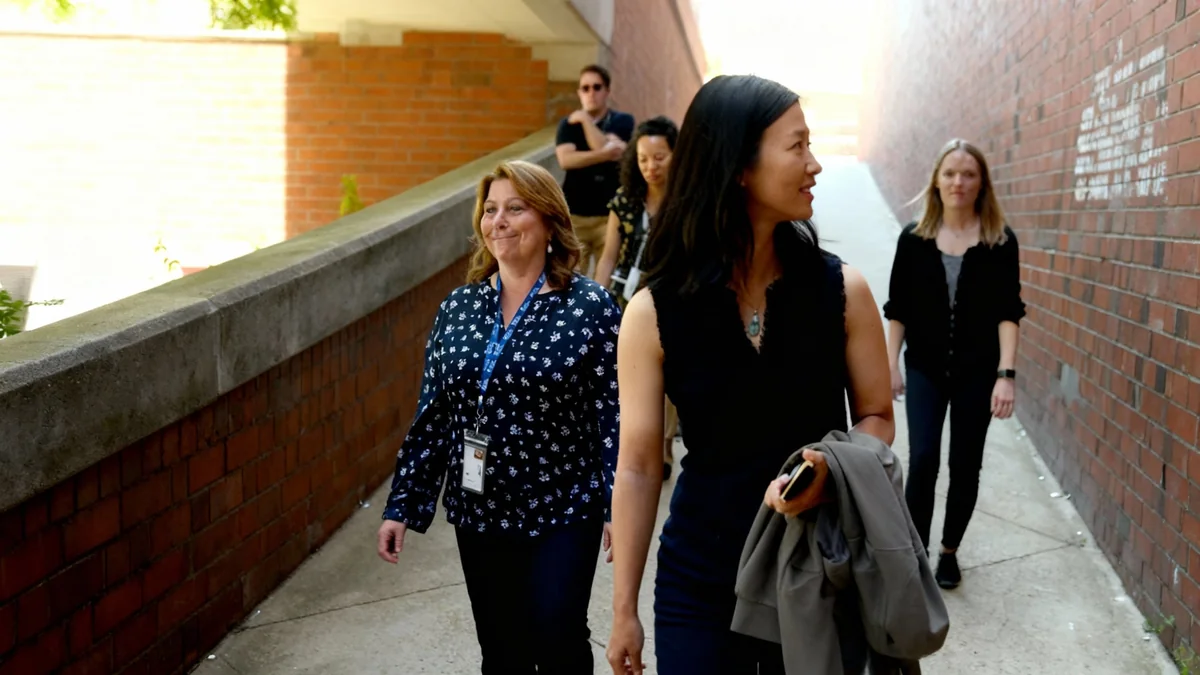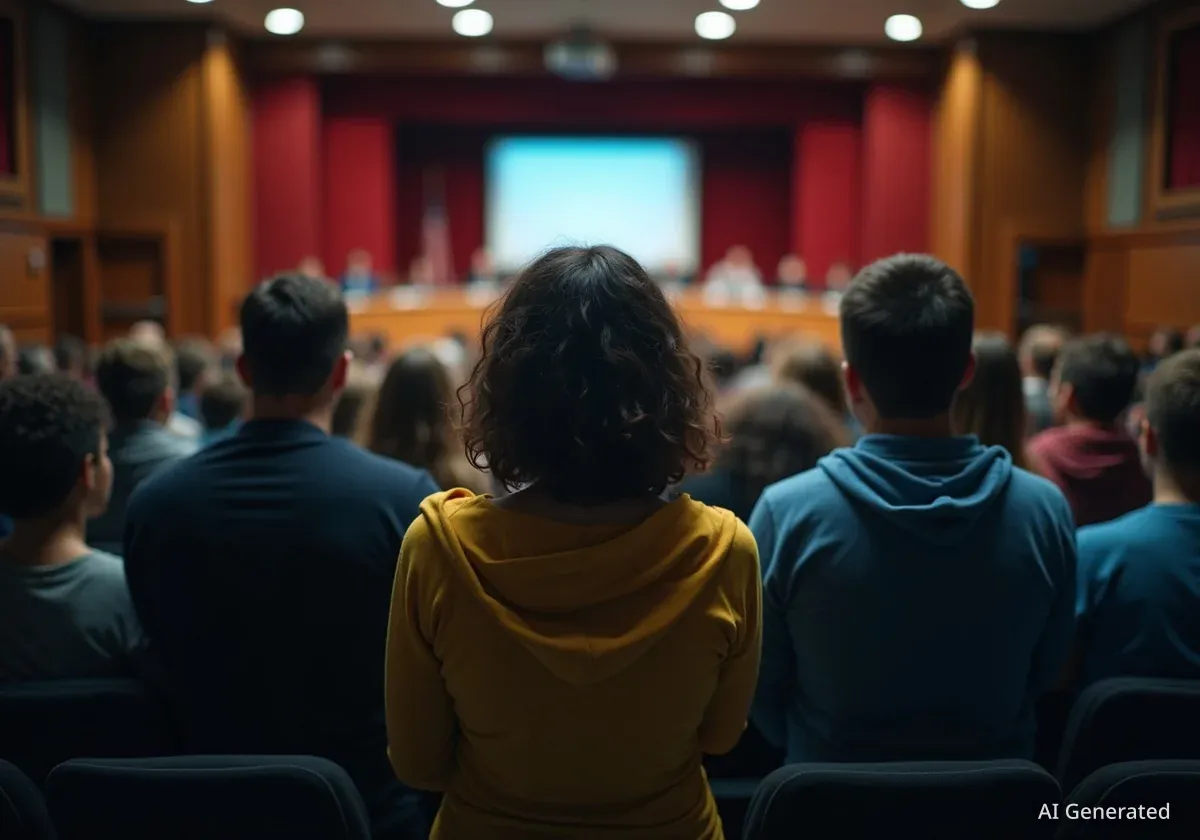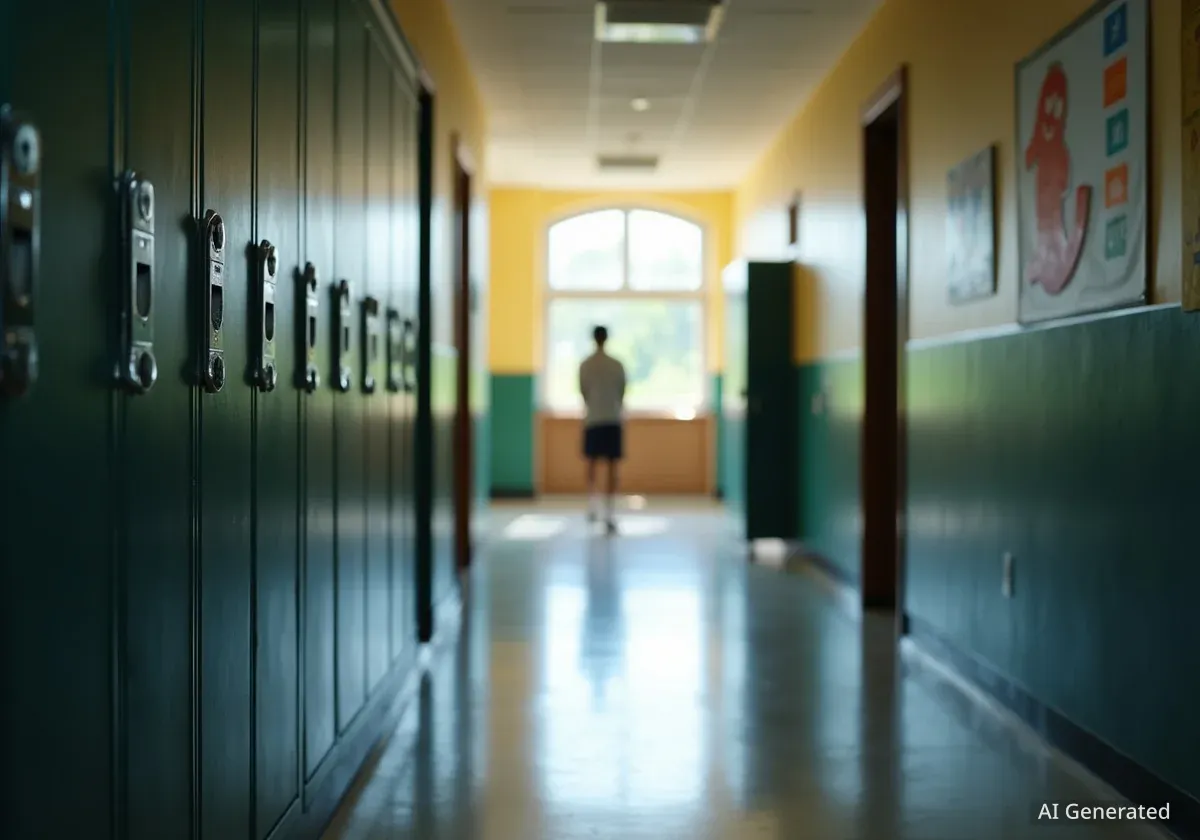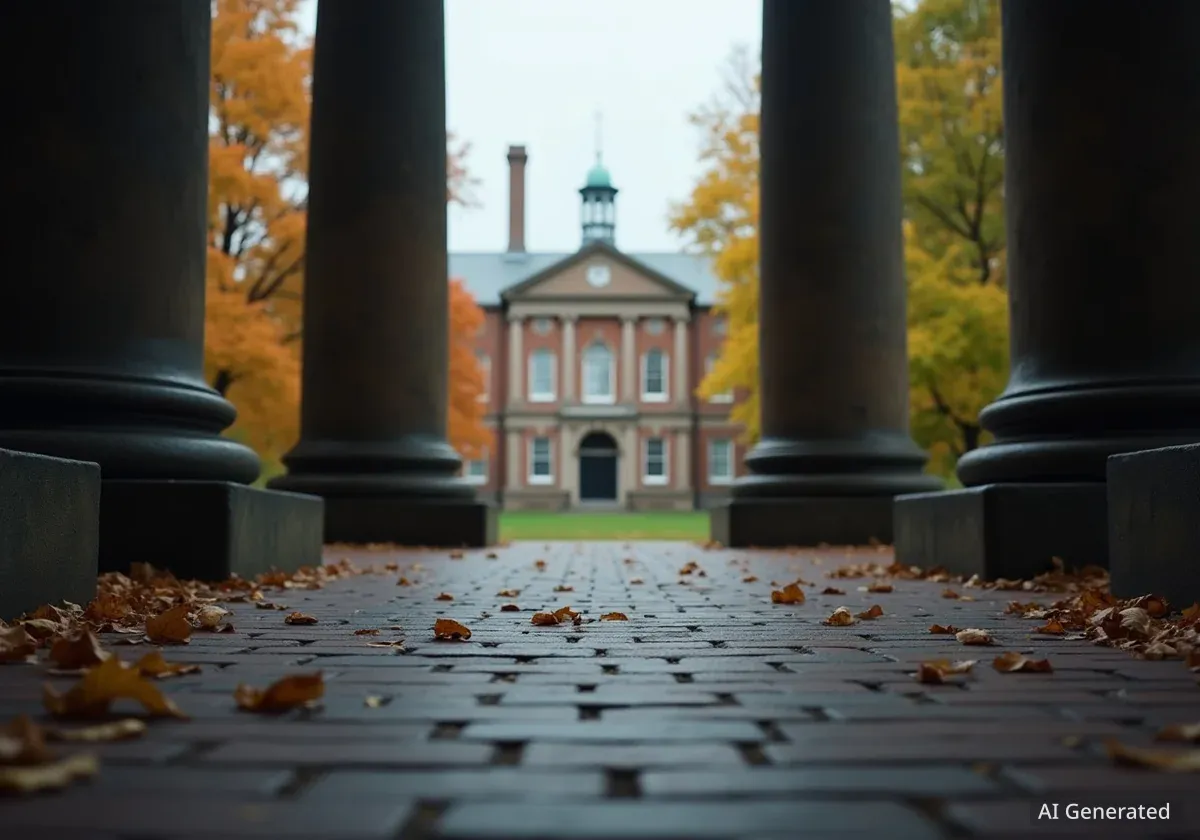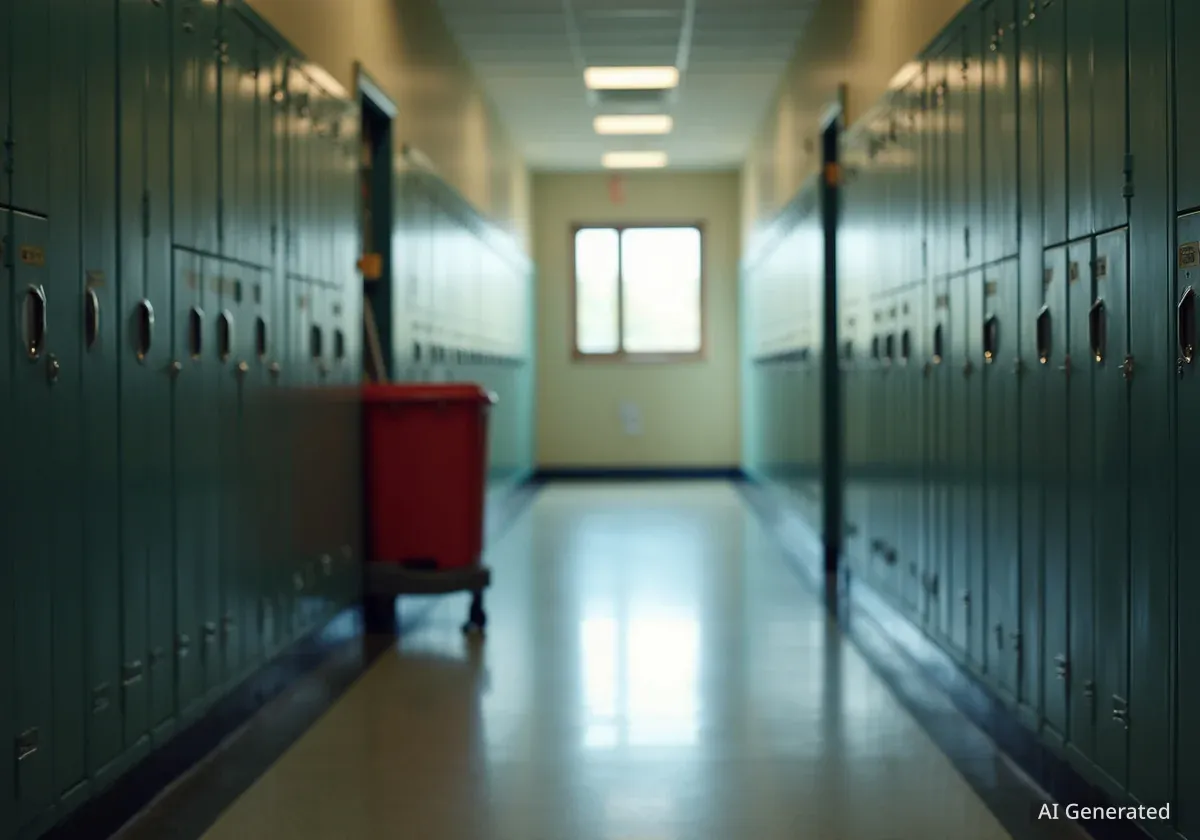Boston city officials have announced a significant proposal to reshape the city's educational landscape, involving the closure of three schools and the reconfiguration of three others. The plan, set for the 2027-28 academic year, aims to provide students with enhanced academic opportunities, according to the superintendent.
The proposal will be presented to the Boston School Committee for a final vote this Wednesday, setting the stage for one of the most substantial reorganizations of the district in recent years.
Key Takeaways
- Three Boston schools are proposed for closure: Lee Academy Pilot School, Another Course to College, and Community Academy of Science and Health.
- Three other schools will be reconfigured: Henderson K-12, Tobin Elementary, and William E. Russell School will see changes to their grade structures.
- The changes are scheduled to take effect for the 2027-28 school year, allowing for a multi-year transition period.
- City officials state the goal is to create a higher-quality learning environment with greater opportunities for students.
Six Schools Targeted for Major Changes
The plan outlined by Boston's mayor and superintendent affects a total of six schools across the district. The proposal calls for a combination of permanent closures and structural reconfigurations intended to streamline educational pathways and resource allocation.
Schools Slated for Closure
If the plan is approved, three institutions will cease operations ahead of the 2027-28 school year. The schools identified for closure are:
- Lee Academy Pilot School
- Another Course to College
- Community Academy of Science and Health (CASH)
The district has not yet released specific details on how students from these schools will be reassigned, but officials have emphasized a commitment to ensuring a smooth transition for all affected families.
Schools Facing Reconfiguration
In addition to the closures, three other schools are set to undergo significant changes to their grade-level offerings. These adjustments are designed to align the schools with the district's broader educational strategy.
The proposed reconfigurations include:
- Henderson K-12 Inclusion School: This all-grade school will transition to a Pre-K through 8th-grade model, eliminating its high school program.
- Tobin Elementary School: The school will eliminate its 7th and 8th-grade classes to focus on a more traditional elementary structure.
- William E. Russell School: This school will expand its offerings, shifting from a Pre-K to 5th-grade configuration to a Pre-K to 6th-grade model.
A Long-Term Vision
The proposed changes are not immediate. By scheduling the implementation for the 2027-28 school year, the district aims to provide a three-year window for students, families, and staff to plan and adjust. This extended timeline is intended to mitigate disruption and allow for a carefully managed transition process.
Official Rationale Focuses on Student Opportunity
During a virtual meeting held to discuss the proposals, city and school leaders framed the decision as a necessary step toward improving the quality of education for all Boston students. Superintendent Mary Skipper stated that the goal is to move students into environments that can better serve their academic needs.
"What we think of is getting a student into a better experience, one that is really going to fulfill our commitment to them academically and with greater opportunity," Superintendent Skipper explained during the meeting.
The administration's message centers on the idea that consolidating resources and creating more focused school environments will ultimately lead to better outcomes. Officials argue that these changes, while difficult, are essential for the long-term health and effectiveness of the public school system.
By the Numbers: The Proposed Changes
- 6: Total number of schools directly affected by the proposal.
- 3: Schools identified for permanent closure.
- 3: Schools set for grade-level reconfiguration.
- 2027: The target year for the changes to take effect, beginning with the 2027-28 school year.
Next Steps and Community Reaction
The future of these six schools now rests with the Boston School Committee. The proposal will be formally presented to the committee, which is scheduled to hold a vote on the matter this Wednesday. This vote will be a critical juncture, determining whether the district moves forward with the administration's plan.
School closures and reconfigurations are often met with concern from the communities they serve. Parents, students, and teachers are typically worried about the impact on transportation, class sizes at receiving schools, and the loss of established school communities. The long-term transition plan is likely an attempt by the district to address these concerns proactively.
While the administration focuses on future benefits, families and staff at the affected schools will face a period of uncertainty. The coming days, particularly the school committee meeting on Wednesday, will be closely watched by thousands across the city as they await a final decision on the future of their local schools.
